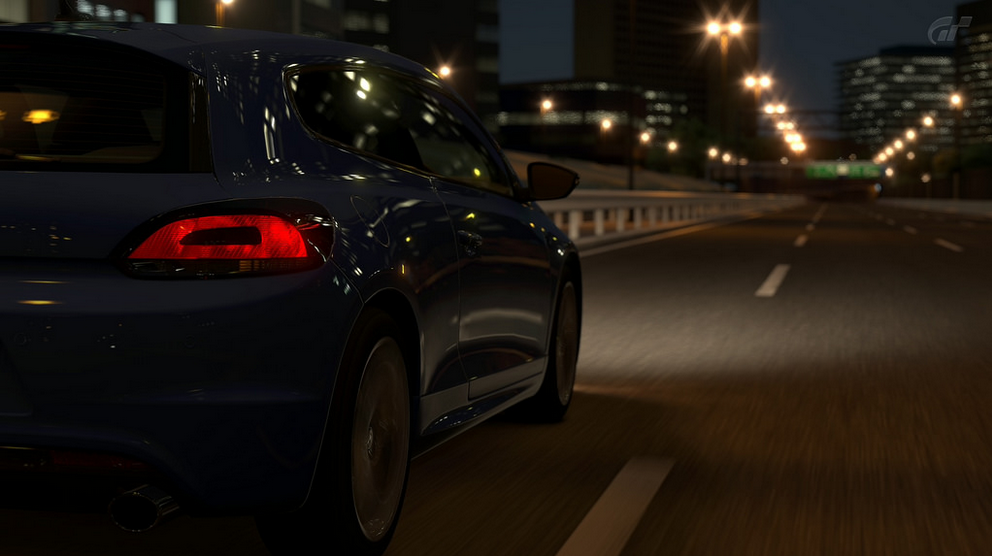Everyday Precautions to Drive Safely at Night

Night driving can be quite daunting! Owing to decreased acuity in vision and increased weariness from the rest of the day it can be hard to gauge distances, clearly see objects and distinguish outlines. These setbacks can put both you and fellow drivers at risk and is definitely a big cause for concern. But don’t let that get in the way of your post-sundown plans. By taking a few simple safety precautions, you will find driving at night can be safe, hassle-free and peaceful.
Preparation is Key
- Dirty lights and mirrors can significantly impair vision, making it harder to see where you are going. Clean your windows, mirrors and headlights at least once a week to get rid of dust and dirt.
- Service your indicator, brake and auxiliary lights at least once a year, so that they are working properly.
- Avoid driving if you are exhausted, sleepy and/or on medication which may affect your reflexes adversely or if you are incapacitated in any other way.
Avoid Distractions
- Avoid texting, eating, speaking on the phone, reading or things that divert your attention from the road. This is especially important at nights, as senses are dulled after a long day at work.
- Switch off the interior light of the vehicle to improve visibility. This also prevents you from distracting oncoming traffic.
- Adjust your rear-view mirror so that you are not blinded by headlights of the vehicles behind you.
- If you must read a map or attend a call, first ensure that you are safely parked on the side of the road with your parking lights turned on.
Take Necessary Precautions
- Do not drink and drive. Even small quantities of alcohol can make you sleepy and impair reflexes.
- Stay alert to avoid negligent and lax drivers. Consider driving slowly especially over the weekends.
- Avoid smoking or letting your fellow passengers smoke in the car. This can greatly affect visibility.
- Maintain a minimum of a two-car distance behind the vehicle in front of you to compensate for your reduced ability to gauge distances and slower reflexes.
- Deer usually travel in herds. If you spot one, it is a good idea to slow down as there could be more deer along the way.
- If you are driving long distances, take frequent breaks to stretch your legs and rest your eyes. Tired eyes can miss important cues about oncoming traffic, pedestrians, parked cars or roadblocks.
- It is wise to invest in a good pair of fog lights. These are considerably dimmer than regular headlamps, but can be invaluable during heavy fog, when you will be able to see greater distances.
Using these simple tips can significantly reduce the risk of accidents and make your night driving experience more enjoyable. Practice makes one perfect, but even experienced drivers can get carried away and distracted. So stay alert and stay safe!
Image Courtesy: Alexander Nie
This entry was posted in: Car Driving Tips
Tagged: auto, car, driving safety tips, night driving, safe driving techniques, tips
